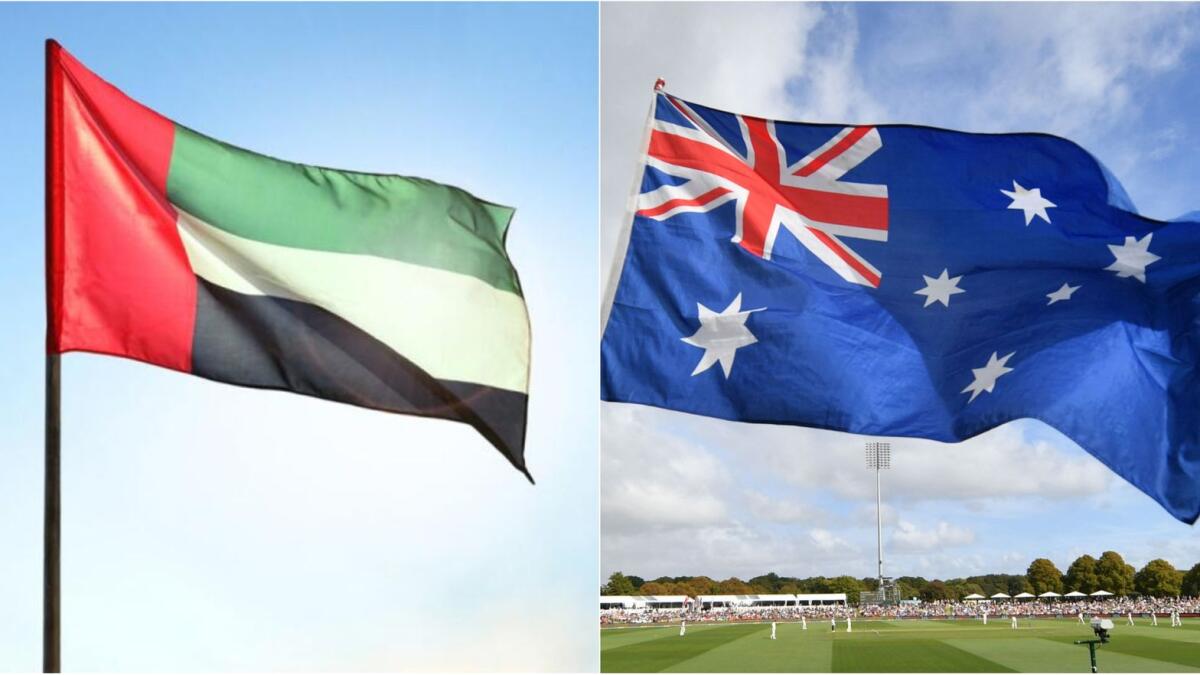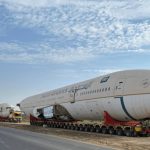The UAE and Australia have recently signed the Comprehensive Economic Partnership Agreement (CEPA), which is set to bring significant savings for traders from both countries. The agreement aims to open up new opportunities for Australian exporters to tap into the Middle East market, which has around 58 million consumers and a combined GDP of A$1.4 trillion. Australian exporters will benefit from entering the UAE market with more than 99% of their products entering tariff-free, resulting in substantial tariff savings estimated to be around $135 million in the first year, increasing to $160 million annually once fully implemented.
The UAE has already entered into CEPA agreements with several major trading partners, including India, Israel, Chile, Colombia, Turkey, Indonesia, Georgia, and Cambodia. The Emirates is actively seeking such agreements to boost non-oil trade and aims to reach a target of Dh4 trillion by 2031. Non-oil trade in the UAE reached Dh1.4 trillion in the first half of 2024, showing an 11.2% year-on-year increase. The UAE is also Australia’s largest trade and investment partner in the Middle East, with two-way trade amounting to $9.9 billion in 2023 and bilateral investments totalling $20.6 billion.
The trade agreement between the UAE and Australia is expected to provide substantial benefits for Australian farmers and food producers, with estimated annual tariff savings of $50 million. Key Australian exports to the UAE include a variety of products such as alumina, meat, dairy, oil seeds, seafood, steel, canola seeds, nuts, honey, coal, chickpeas, lentils, and higher education services. The Australian mining industry is set to benefit from tariff cuts on exports, particularly in alumina, which was valued at $1 billion in 2023.
The agreement also includes the reduction of Australian import tariffs on various UAE-produced goods such as furniture, copper wire, glass containers, and plastic, which are expected to lower business costs and make products cheaper for consumers. It is estimated that Australian households and businesses stand to save around $40 million annually thanks to these reductions. The agreement is also anticipated to facilitate increased investment, aligning with Australia’s ambition to become a renewable energy superpower.
According to Don Farrell, Australia’s minister for trade and tourism, the trade agreement with the UAE will not only boost Australian exports by $678 million annually but also create additional benefits in terms of higher-paying jobs, business opportunities, increased investment in local production, and reduced bills for Australian households. The agreement is seen as a significant step towards strengthening the bilateral trade relationship between the two countries, fostering economic growth, and creating new avenues for cooperation and prosperity.










